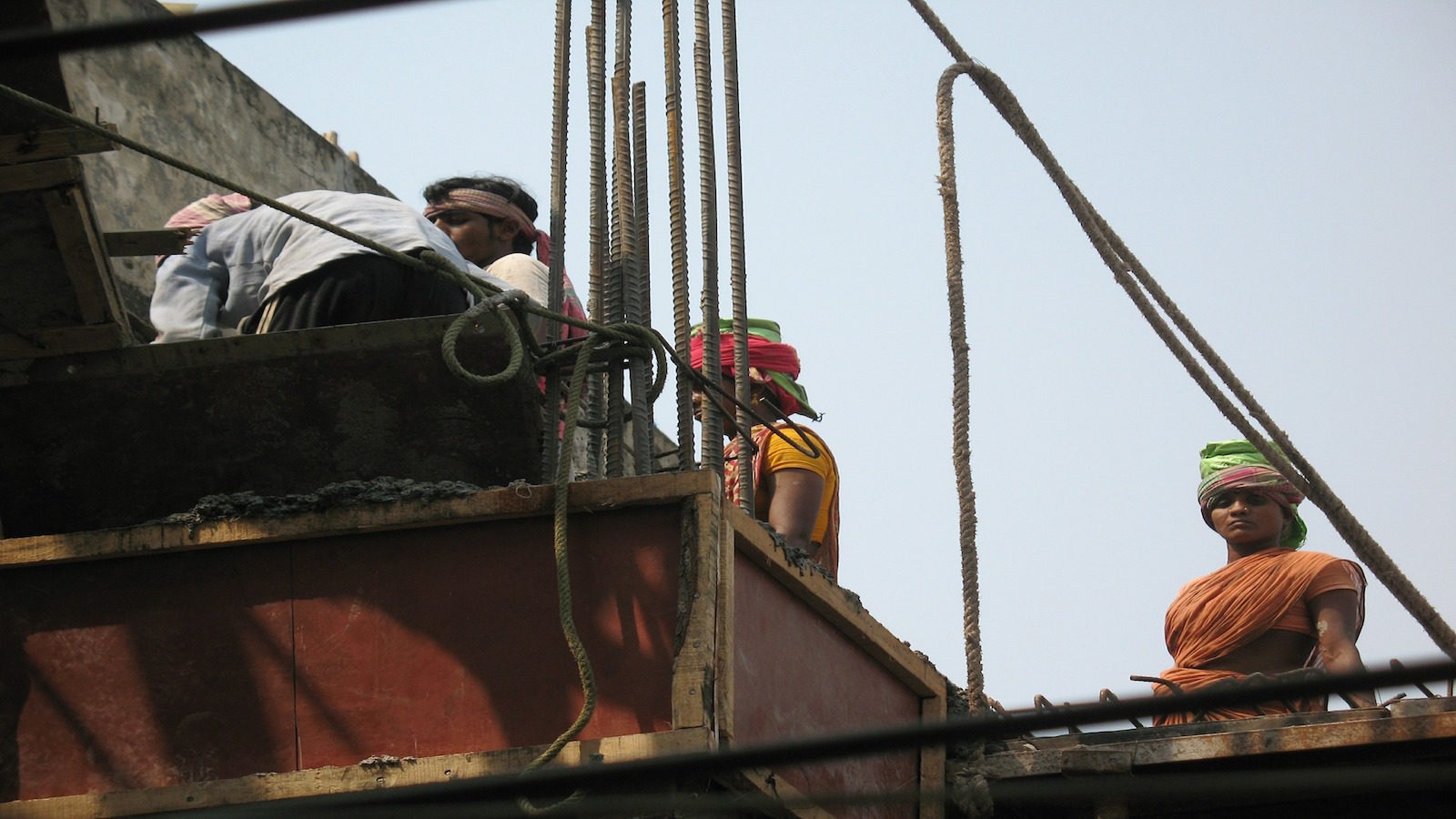
Lack of Updated Data Led to Massive Migrant Crisis During COVID-19
State migrant workers registers is the need of the hour
The recent admission of the ruling BJP in the ongoing session of the Parliament that they have no record of the number of migrants who died due to the hastily imposed lockdown, and the consequent exodus of migrants from cities reveals a level of callousness and irresponsibility that is almost unprecedented.
While the government did not maintain a record of the tragic deaths caused by its actions, it is heartening to note that there is a citizen collated archive of the deaths of migrants workers caused by the lockdown. As per this database, over 906 persons lost their lives during the lockdown. The highest number of them, 206 deaths, took place due to starvation and economic stress. 209 migrants lost their lives due to road and train accidents while they made their long way home. The Shramik trains that were arranged by the government after over a month of delay, bore 96 dead bodies of migrants. The database itself notes that these figures are likely to be an under counting as official information was unavailable.
We cannot let the government get away with such a callous abrogation of its responsibility towards its own people. The following paragraphs provide a possible and workable solution for this invisibilisation of migrants in India. Currently their data and their contributions exist nowhere in the governments archives of information.
Even in regular times, a massive data gap exists in India when it comes to an enumeration of all migrant workers – (both interstate and intrastate workers) working in India. As per the 2011 Census, India had over 4.5 crore migrant workers. However, this data is now a decade old and therefore unlikely to present an accurate picture.
Due to this lack of accurate data, the government could not accurately estimate and provide migrant workers with necessary social security in terms of food, shelter and transportation when the first lock down was imposed in India. This led to the biggest migration crisis in India since the Partition, resulting in the avoidable deaths of hundreds of migrant workers due to accidents, starvation and fatigue while they made their way back to their states of origin.
Decade old data led to the biggest migrant crisis in India since the Partition, resulting in the avoidable deaths of migrant workers due to accidents, starvation & fatigue while they made their way back to their states of origin.
Dynamic data base of migrants – need of the hour
In order to avoid the recurrence of such a tragedy, it is imperative that states maintain a dynamic database on migrant workers within the state. In order to do this, the state governments need to create Migrant Workers Registers that contains details such as:
- District of origin in case of intra state workers;
- State of origin in case of interstate migrant informal sector workers;
- Place of residence in the host state;
- Sector employed in;
- Workers’ skills;
- Age and,
- Gender.
Benefits of State migrant workers registers
State Migrant Workers Registers will be useful to the state and to the informal sector workers in multiple ways. For instance:
Such a Register will give states accurate and dynamic data on:
- the total number of migrant workers (which will prove useful to both the state of origin and the host state);
- the total number of intra-state migrants.
This will enable the states to assess the social security requirement of informal workers far more accurately and will lead to more targeted and accurate dispensation of welfare schemes.
- Having access to this data will ensure that in times of crisis such as Covid-19, the states will be able to provide food, shelter and transport logistics far more accurately and cause far less distress to migrant workers.
- It will also help state governments take concrete steps to provide incoming migrant workers with supply of essential services such as electricity, water and subsidised housing to enable them to live dignified lives in their host states.
- Importantly, this database has the potential to become the corner stone for providing voting rights to migrant workers in local elections. Voting rights may be given to such workers once they are able to provide evidence that they have worked and contributed to the betterment of the host state for 180 days or more. This will help migrants feel less alienated in their chosen states of work and will also ensure greater accountability and efficiency from local level government officials, as the migrant workers will now represent a valuable vote bank.
- The database may also be shared between the host and origin states such that Public Distribution System benefits, insurance and education are made transferable for the duration of the stay of the migrants in the host state benefitting migrant workers greatly.
A dynamic database will enable states to assess social security requirements of informal workers & provide for their needs. It can also provide them voting rights, giving them rights in their chosen states of work, and make benefits transferable.
Clearly, a database such as this will prove to be invaluable to state governments and to the Centre and aid in the betterment of the lives of both migrants and informal sector workers. This database will mean that the contributions of migrant workers will be identified and a record of their contributions to the betterment of their host states will be maintained by the host states. If such a database had existed, the government could not have washed its hands off of the tragedy of the death of almost a thousand migrants due to its actions.
Exercising caution in implementation of state level Migrants Register legislation
However, great caution must be exercised by any state that plans to create such a Register. It must never be allowed to become another tool of exclusion and disenfranchisement of the impoverished in India and the right to privacy of the migrant workers must be protected actively by the states in order to avoid such sensitive data falling into the hands of those who would use it to create division and hatred.
The creation of such a state level Migrants Register legislation will ensure that state governments have greater control as well as face greater accountability for the treatment of both inter-state and intra-state migrants within their jurisdictions. While there is a central law -the Inter-State Migrant Workmen Act, 1979, that on paper serves a similar function, it is inadequate and suffers from endemic poor implementation across states. It cannot address the needs of India in 2020. Additionally, while the 1979 Act shifts the onus of registration of migrant workers to the contractors themselves, the proposed law, being a beneficial legislation, would shift the onus on to the state governments (both states of origin and host states) thereby reducing the burden on the migrant workers themselves.
Views are personal.



